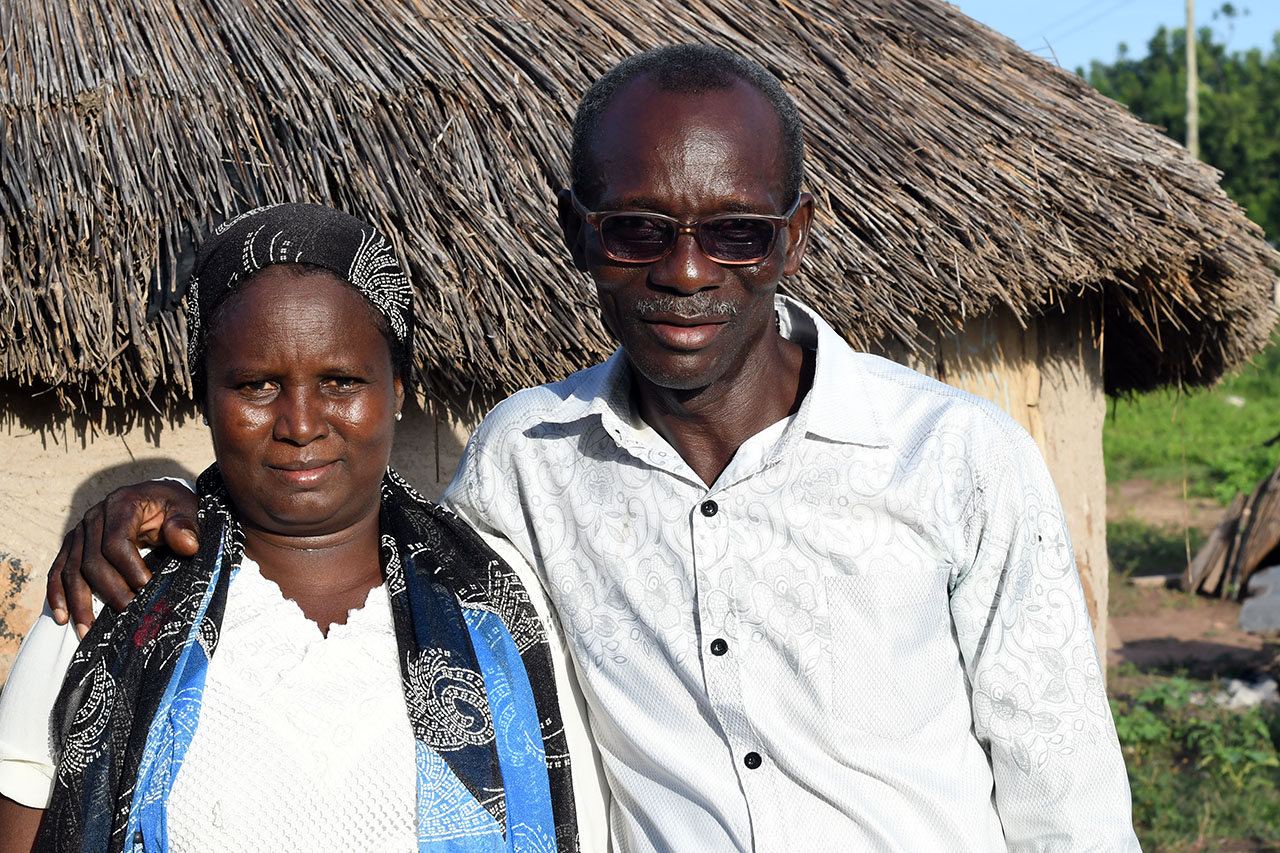
Pastor Joseph is Gonja. When he was a young man, his father decided to pay Fulani to watch his cattle. Joseph became friends with one of the Fulani’s daughters, Fati. The Gonja tribe are Muslim, and so are the Fulani, yet everyone knew it was taboo for Joseph to be with Fati. The taboo was not simply because the Fulani are on the cultural fringe, but in fact hails back to the founding of the Gonja kingdom in 1675 by the great warrior king Sumaila Ndewura Jakpa. Joseph is soft spoken, yet as he explained his tribe’s history, his speaking quickened, he was recounting an oral history that had been passed down for generations. He explained that the mighty Gonja warrior king conquered many nearby lands and tribes, giving the Gonja the largest territory in northern Ghana. There may have even been fleeting moments of pride as the pastor explained his tribe’s history. However, as Joseph went on, his voice changed. He explained that the King’s success on the battlefield was attributed to the very powerful dark juju (magic) of a Fulani man aiding the King. The sacrifices and talismans he made gave Sumaila Ndewura Jakpa invincibility on the battlefield. The Fulani had a most beautiful wife, and the Gonja men were very interested in taking her. The King, whose expanding empire was attributed to the powerful juju of the Fulani, understood that not only was his kingdom at risk, should the beautiful wife be taken, but given the Fulani’s powers, his very life could be at stake.
King Sumaila Ndewura Jakpa made a proclamation. Not only would no Gonja man touch the Fulani’s wife, but in fact no Gonja man would ever be with any Fulani woman… ever. That taboo, set by the founding king more than 300 years ago in Gonja-land, remains today. As westerners, it is hard for us to even imagine how powerful and pervasive such a Taboo can be. Gonja men are allowed to marry women of at least four other tribes, but the Fulani women may not be touched. In this region of Africa, from the facial scars marking tribal membership to the names given children, people know their cultural boundaries, and their taboos, well.
At this point, Pastor Joseph began to explain how he left Islam and became a Christian. Naturally, his father and entire family were displeased. Leaving Islam is quite a serious matter. However, it was his intention to marry a Fulani woman that shocked the village. Breaking that Taboo was unthinkable. He was called in by his father to explain.
With vigor in his voice and posture, Joseph recounted what he told his dad.
“I explained that as a Christian, the Taboo had no meaning. The Bible teaches that ‘There is neither Jew nor Greek, there is neither slave nor free, there is no male and female, for you are all one in Christ Jesus.’ [Galatians 3:28]”
It may not be surprising to learn this new freedom, that we were all one in Christ, did not immediately persuade his Gonja family members. He was told that if he married the Fulani woman, he would fall into ruin financially, and would surely die within a year.
His elder father (grandfather) wrote him a letter, summoning him to come to his village to discuss the matter. It was a very grave matter, not only for Joseph, who intended to break the Taboo, but for the entire family. Joseph was told, from the highest authority in the family, that financial ruin and death would be his future if he violated king Sumaila Ndewura Jakpa’s 300-year-old edict. Yet Joseph had decided to put his trust in a greater king, one that forgives, and under whom all are equal in Christ – under whom there is no separation of peoples.
With a broad smile, Pastor Joseph shared that he and his wife have been married over 30 years. They have children, and a thriving ministry reaching out to the Fulani. “The taboo has been broken, and everyone in my family knows I am free”.
Some photos from the day…
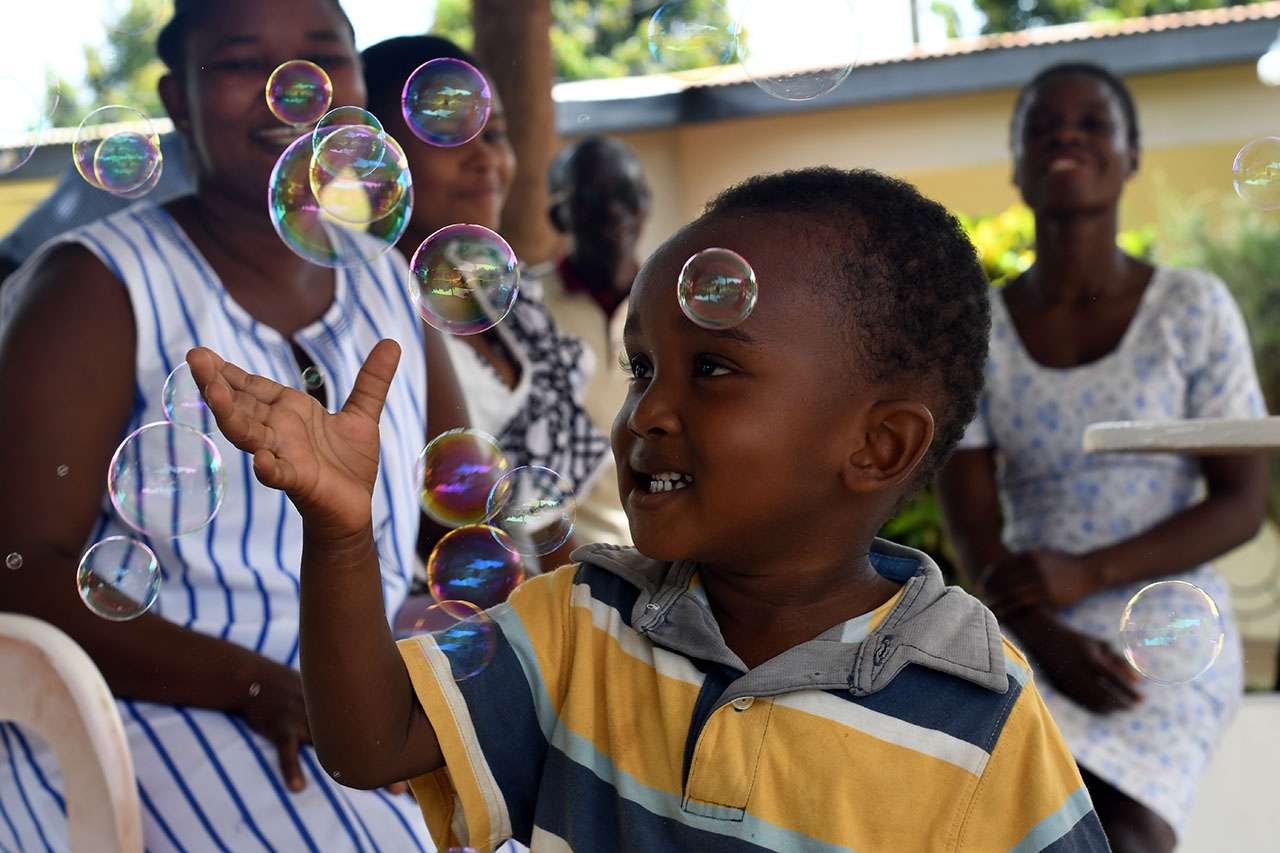
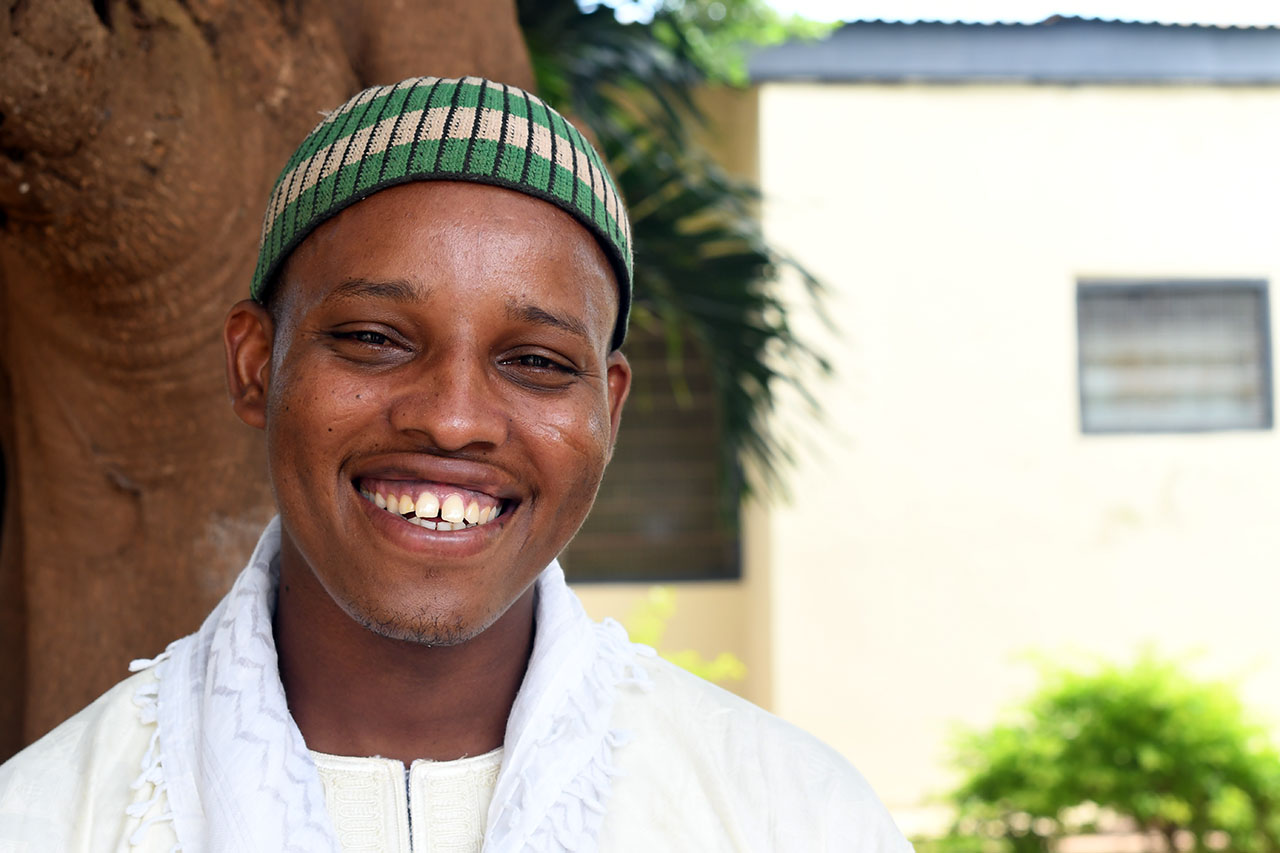
A trip to the river which joins with the Volta
We walked to the river, through a small village, where the raw sewage and trash trickles down the hill and into the river. At the small landing, where the sewage flowed into the river, canoes arrived with their nets and women filled their water basins.
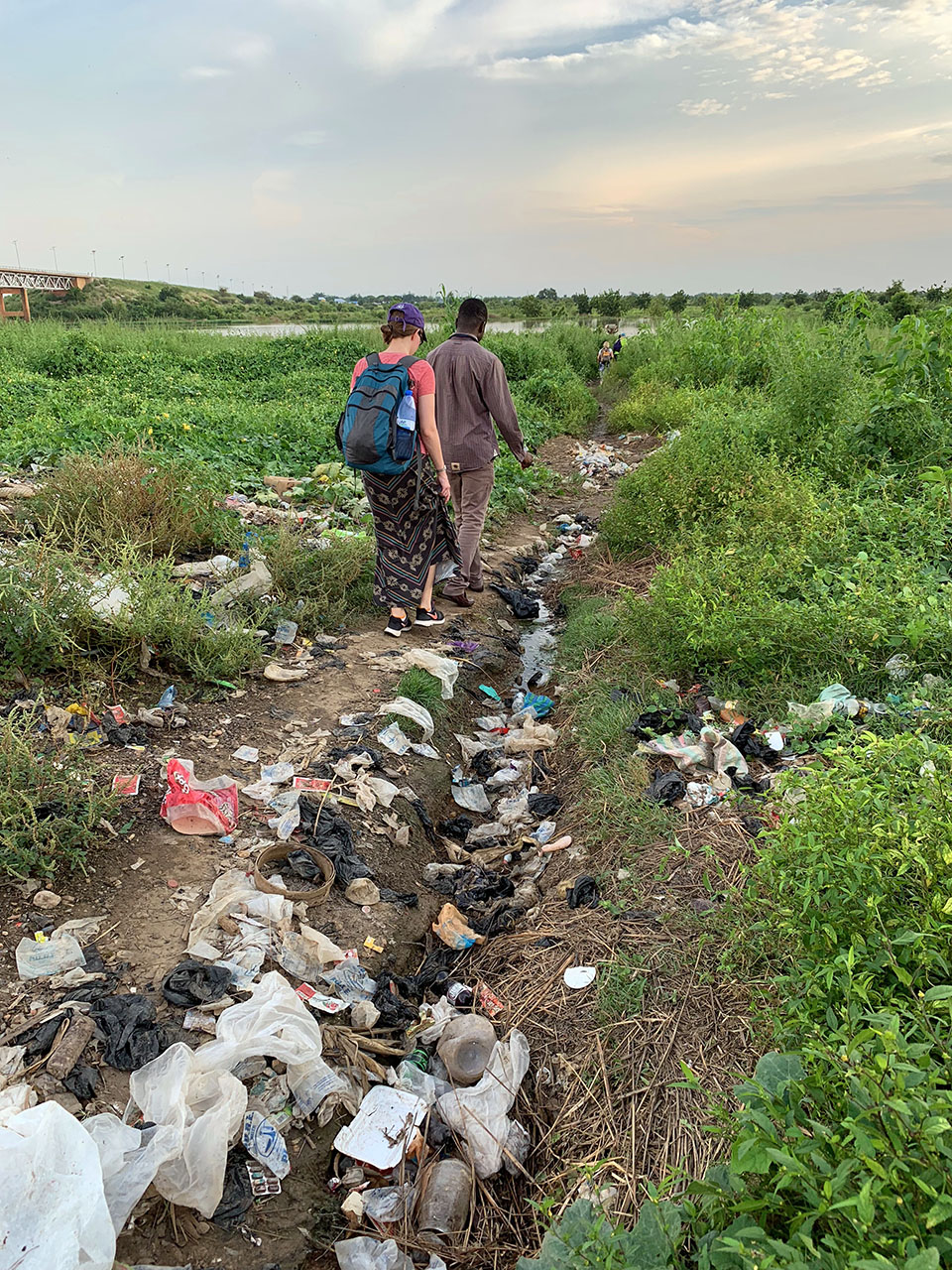
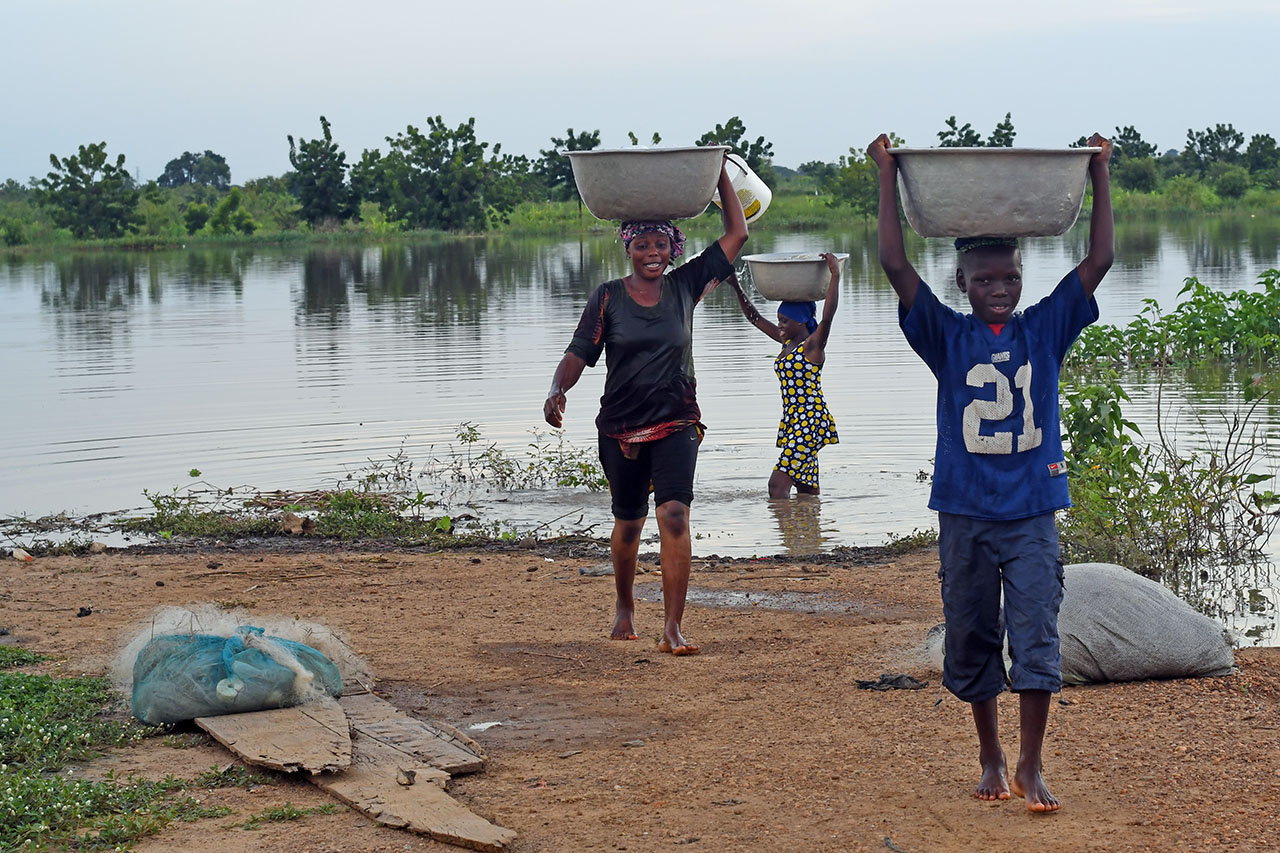
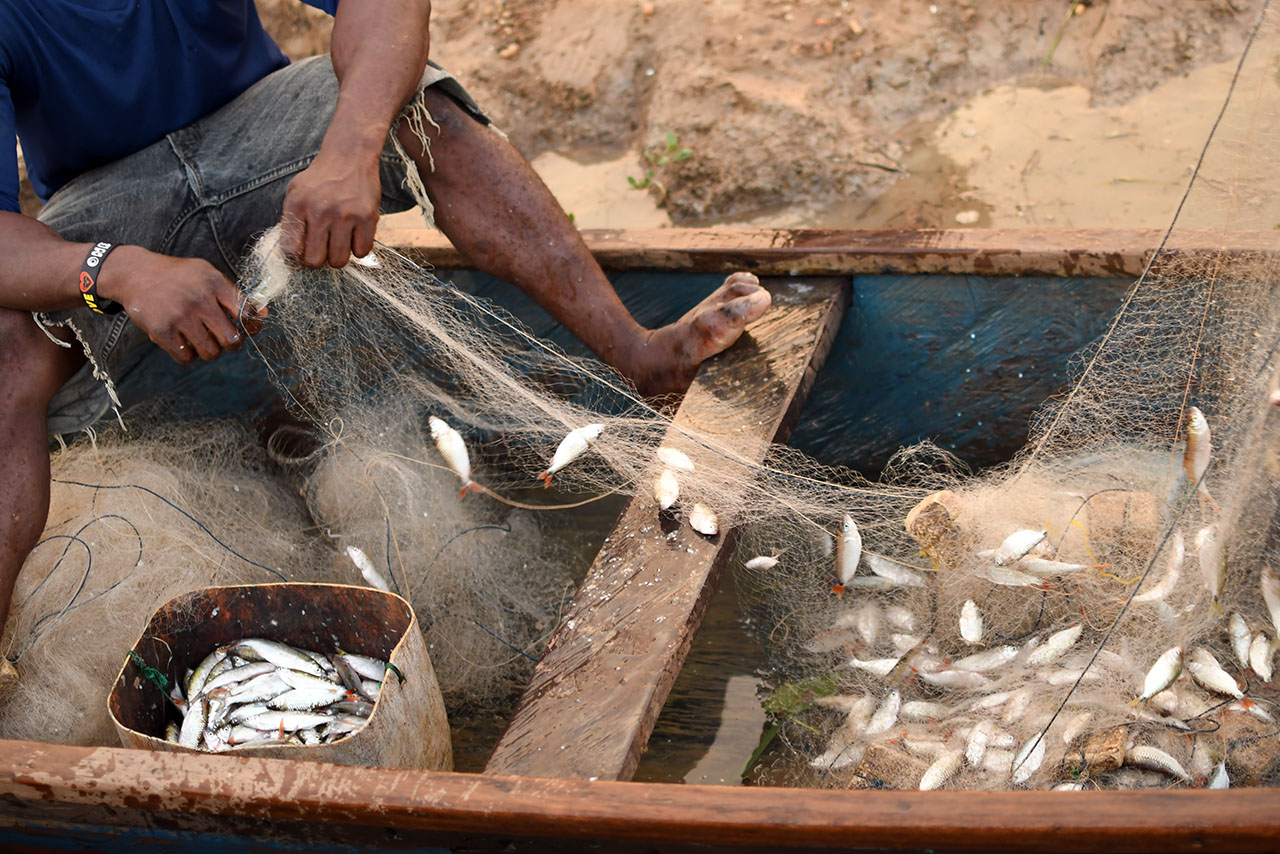

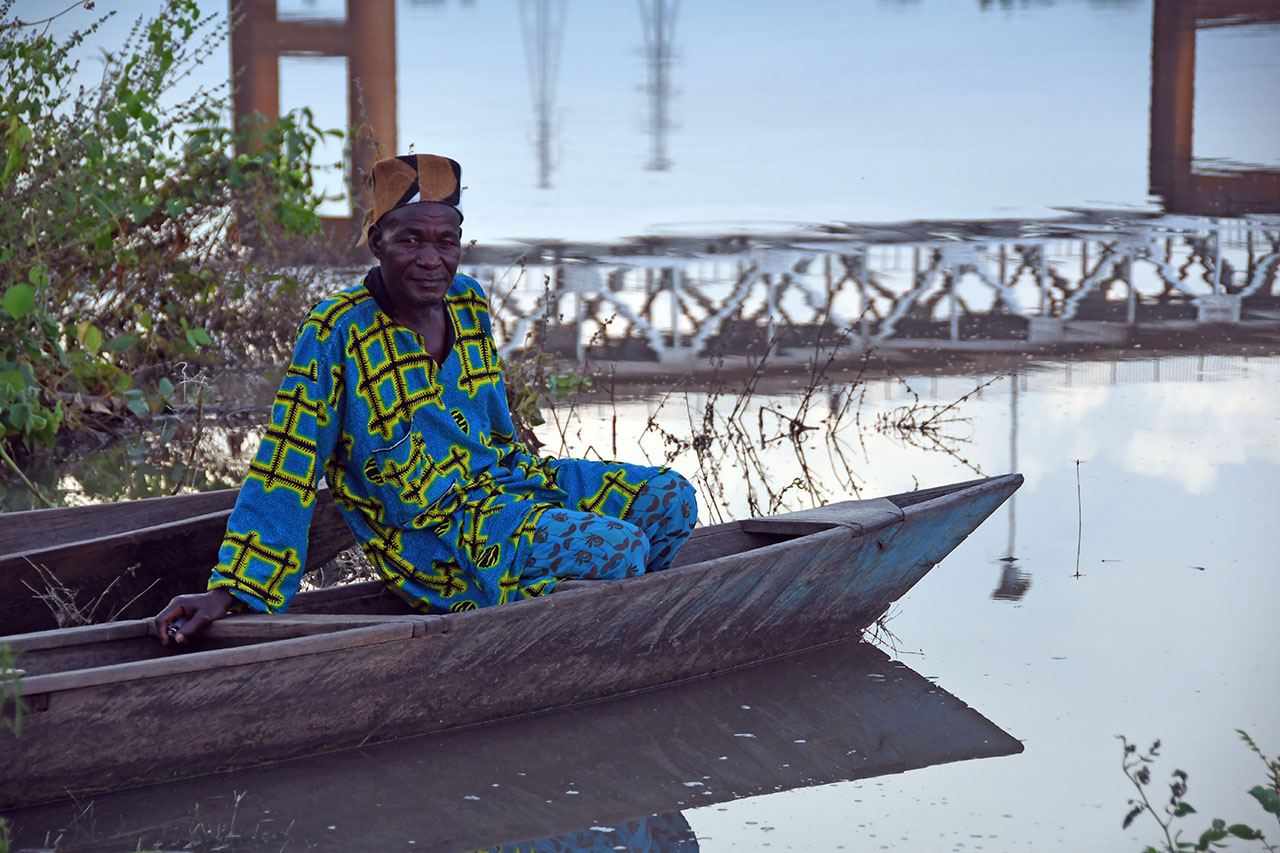
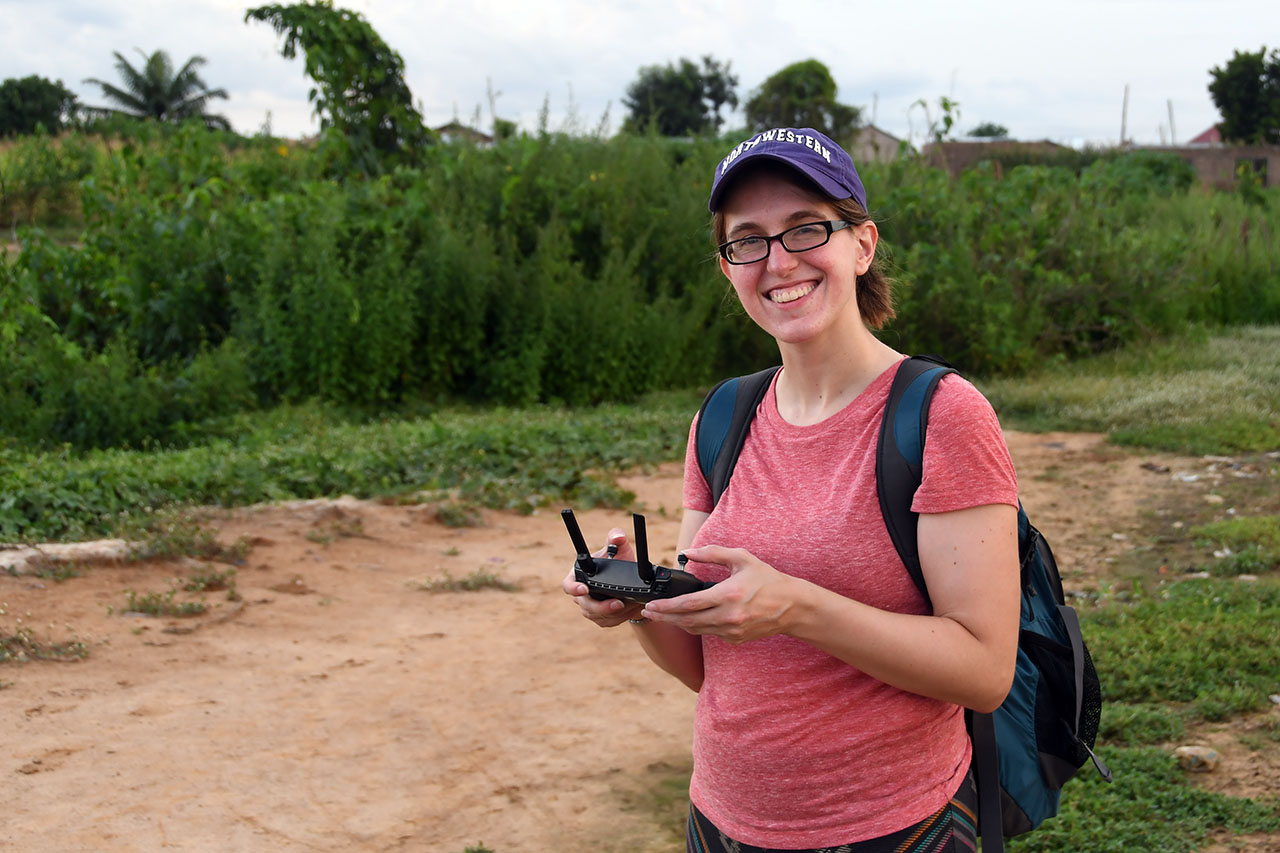

What an amazing testimony! Yes, there is freedom and unity in the gospel. We are ALL God’s children!
I have been blessed by all the stories, photos, and videos. Thank you so much for taking me with you on this journey! God is at work in northern Ghana for sure!!!!
Wow! Great story! May Pastor Joseph’s marriage to this Fulani woman be an ongoing testimony of God’s love for ALL peoples!